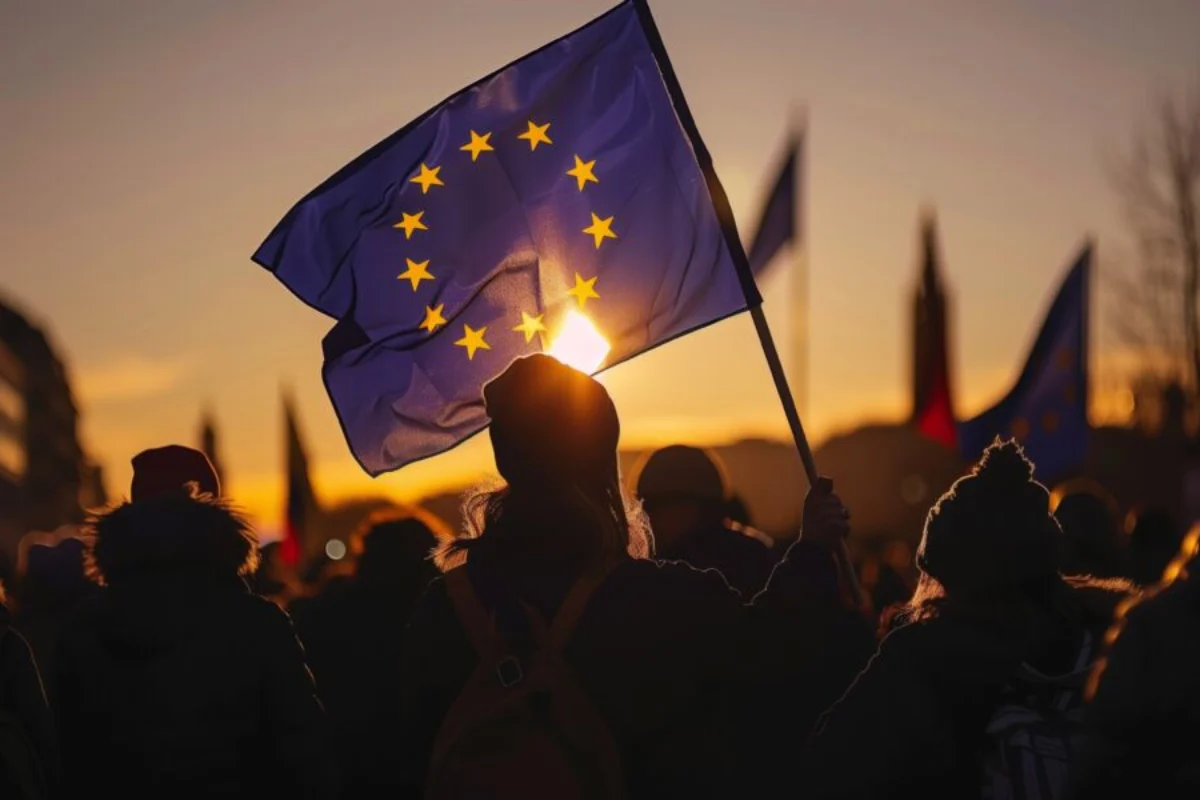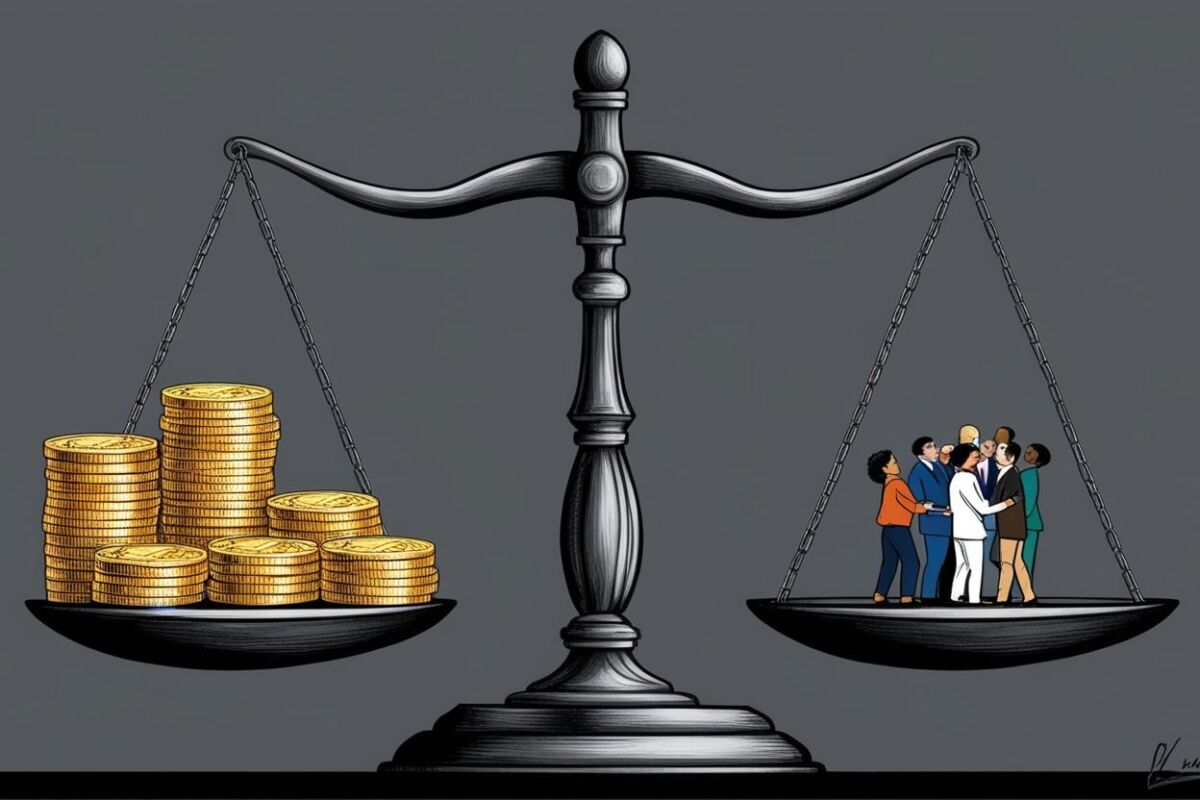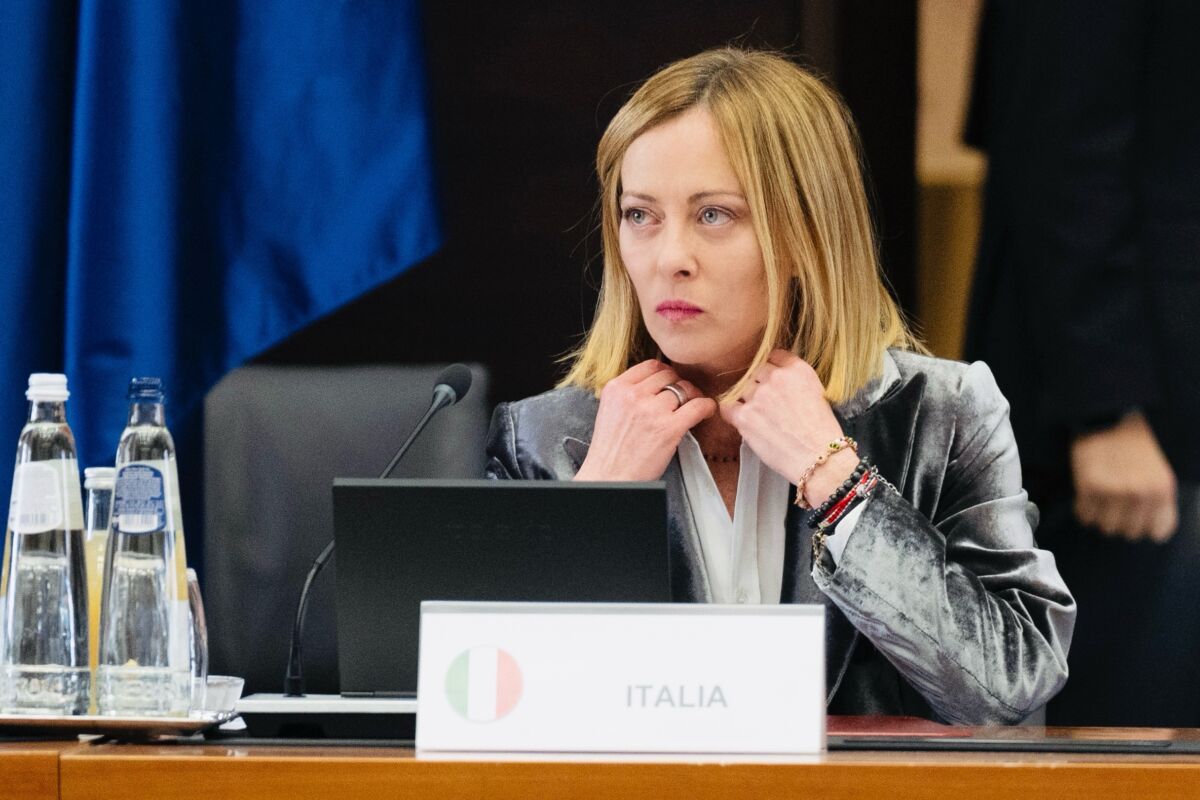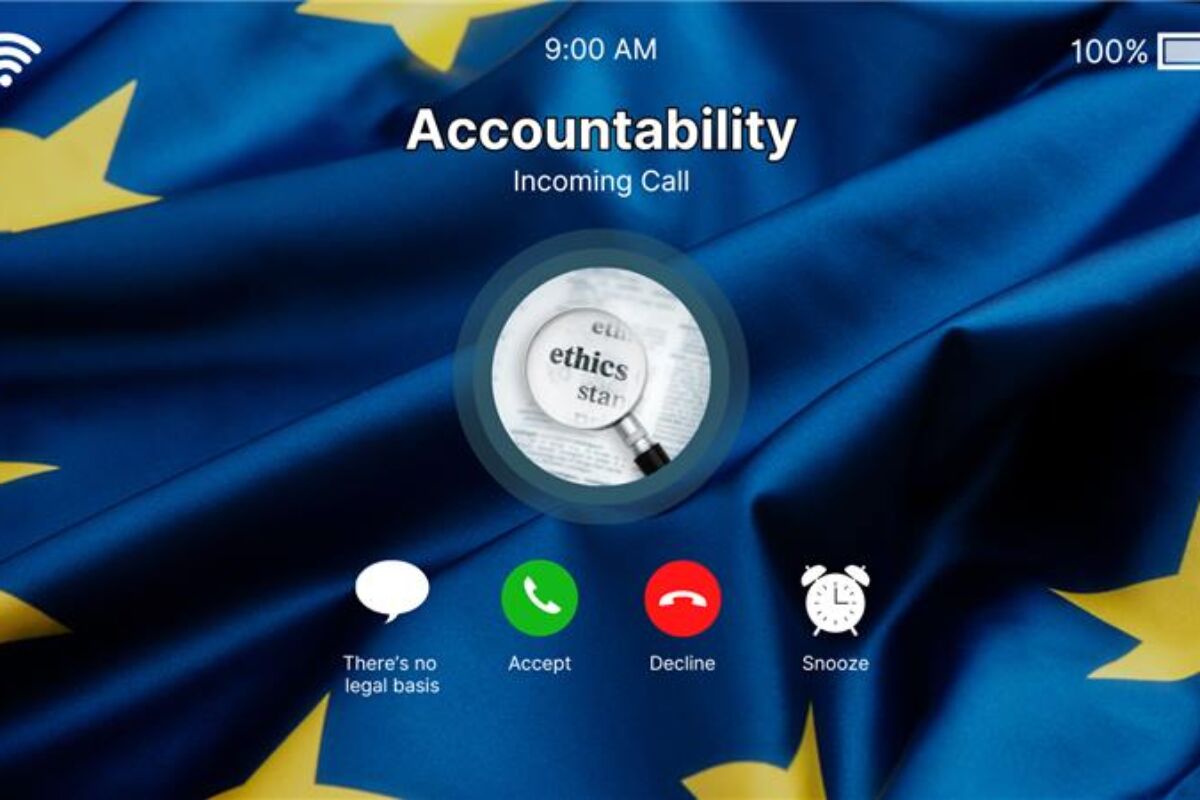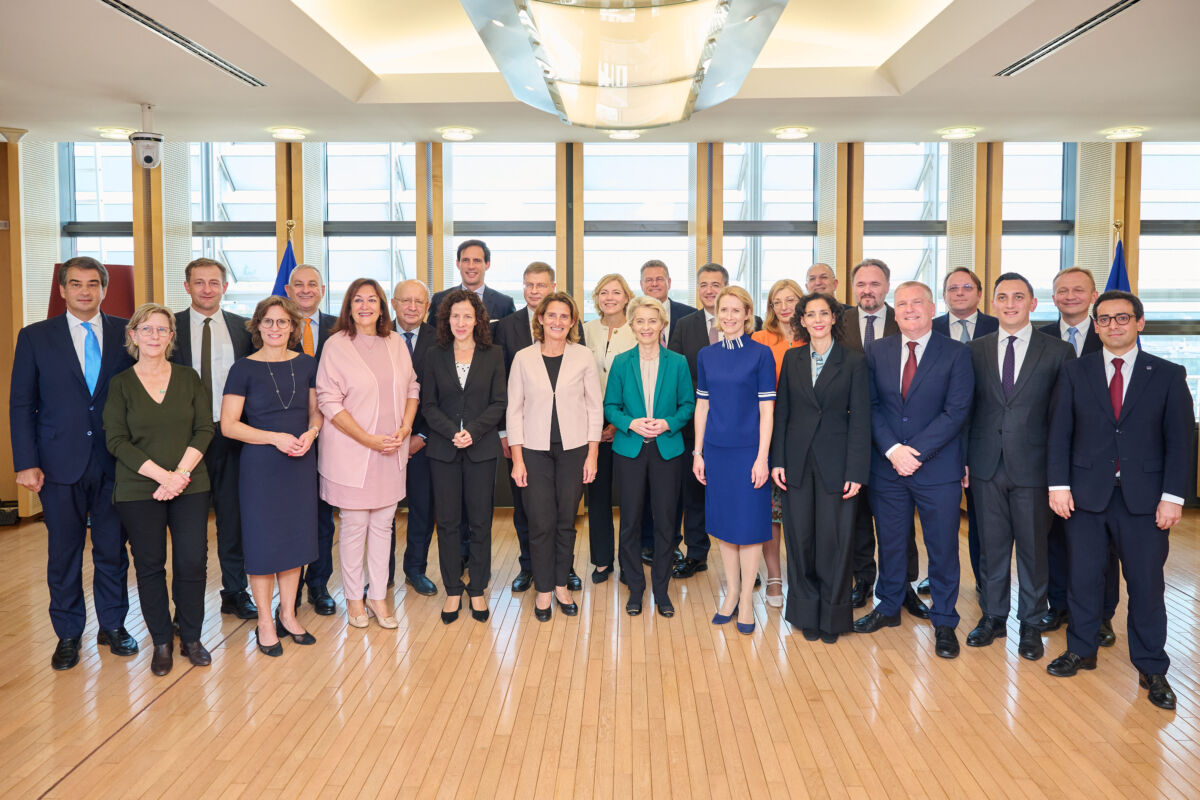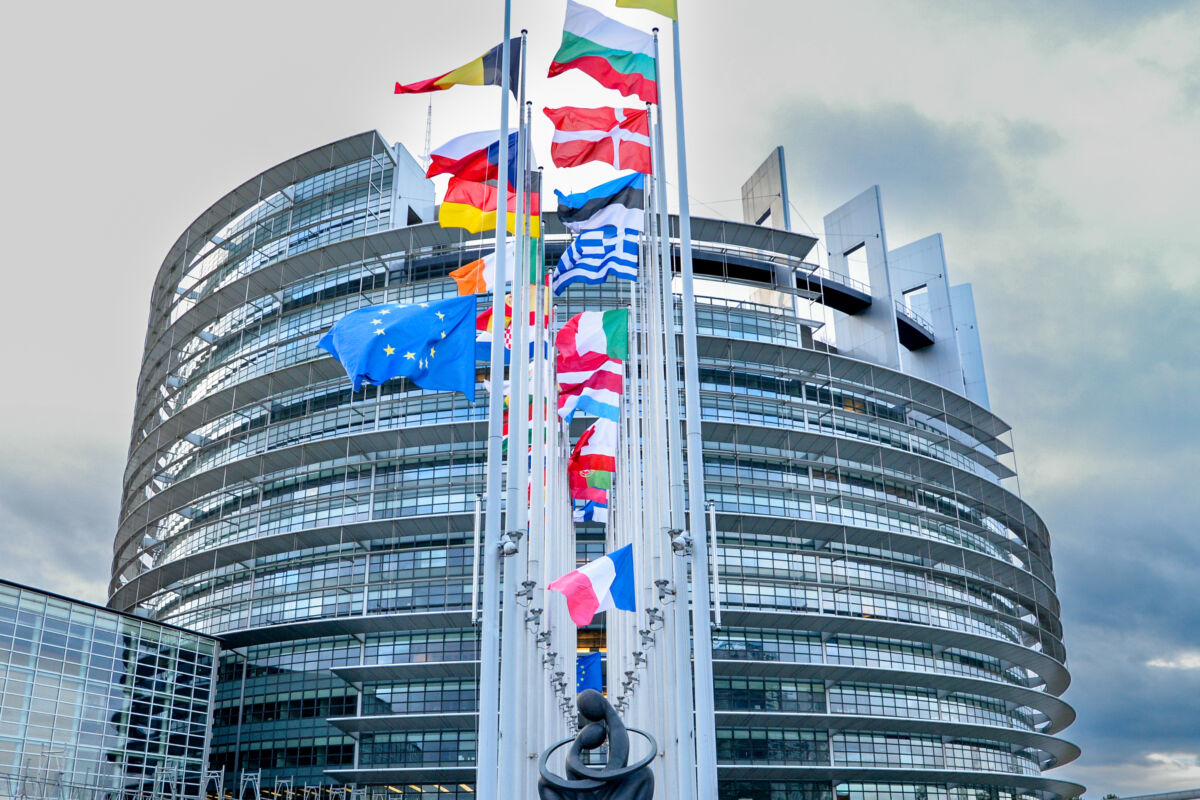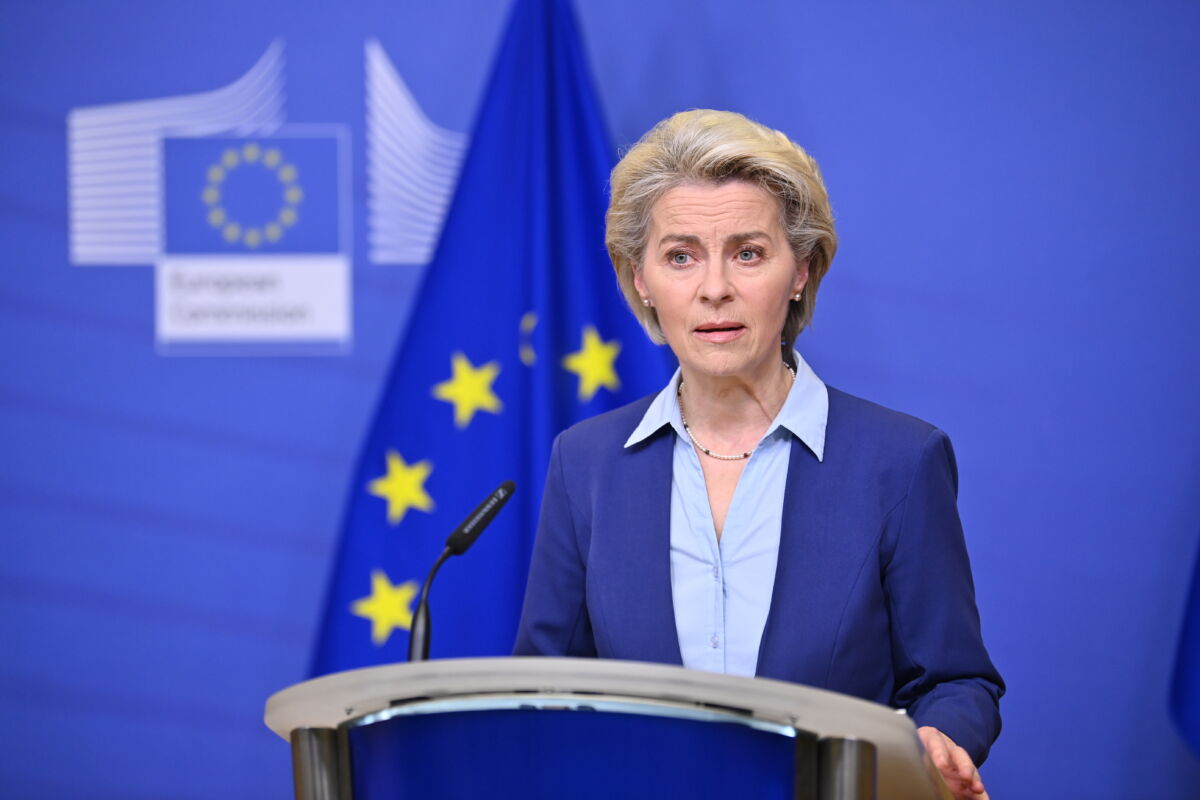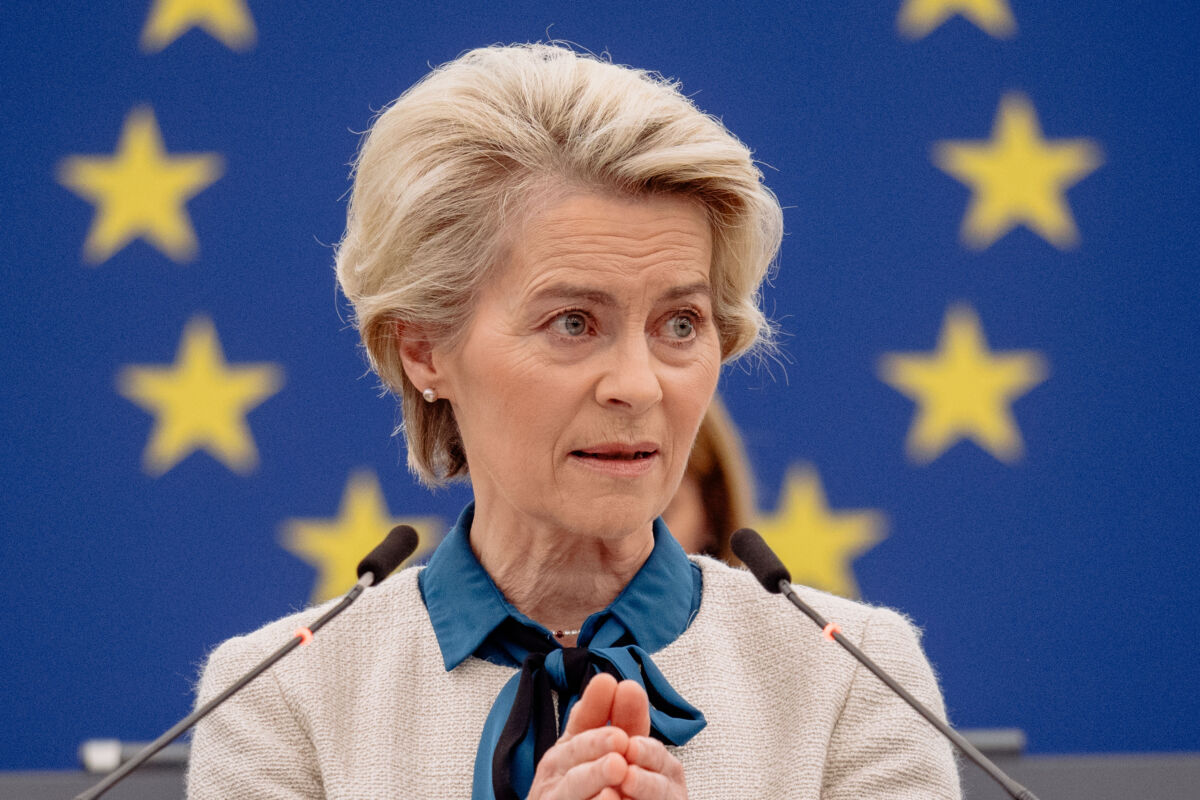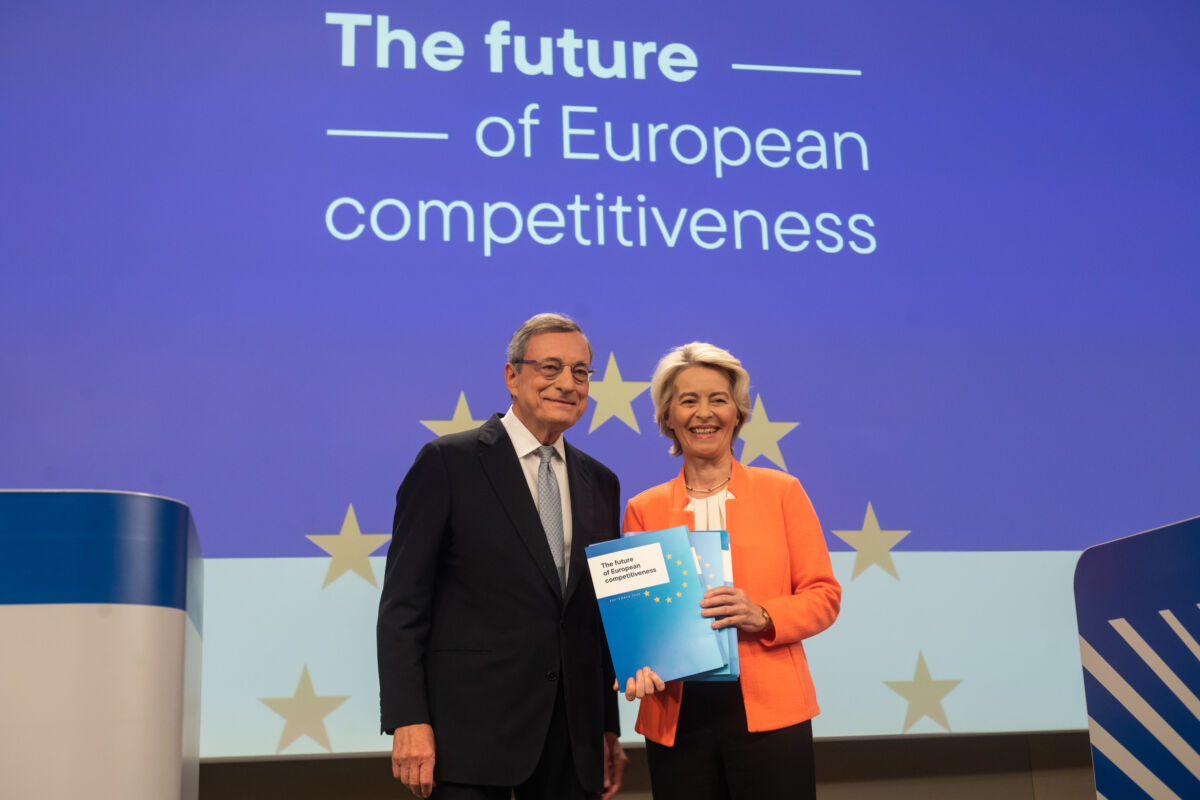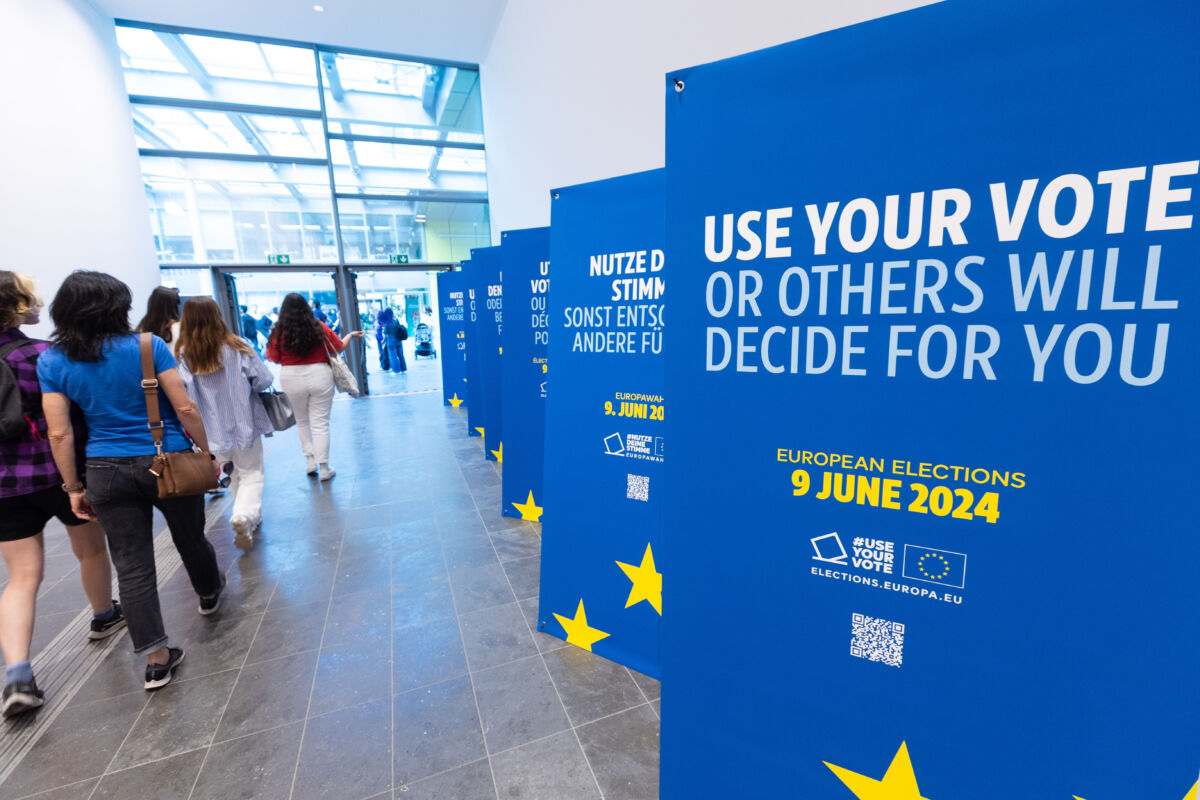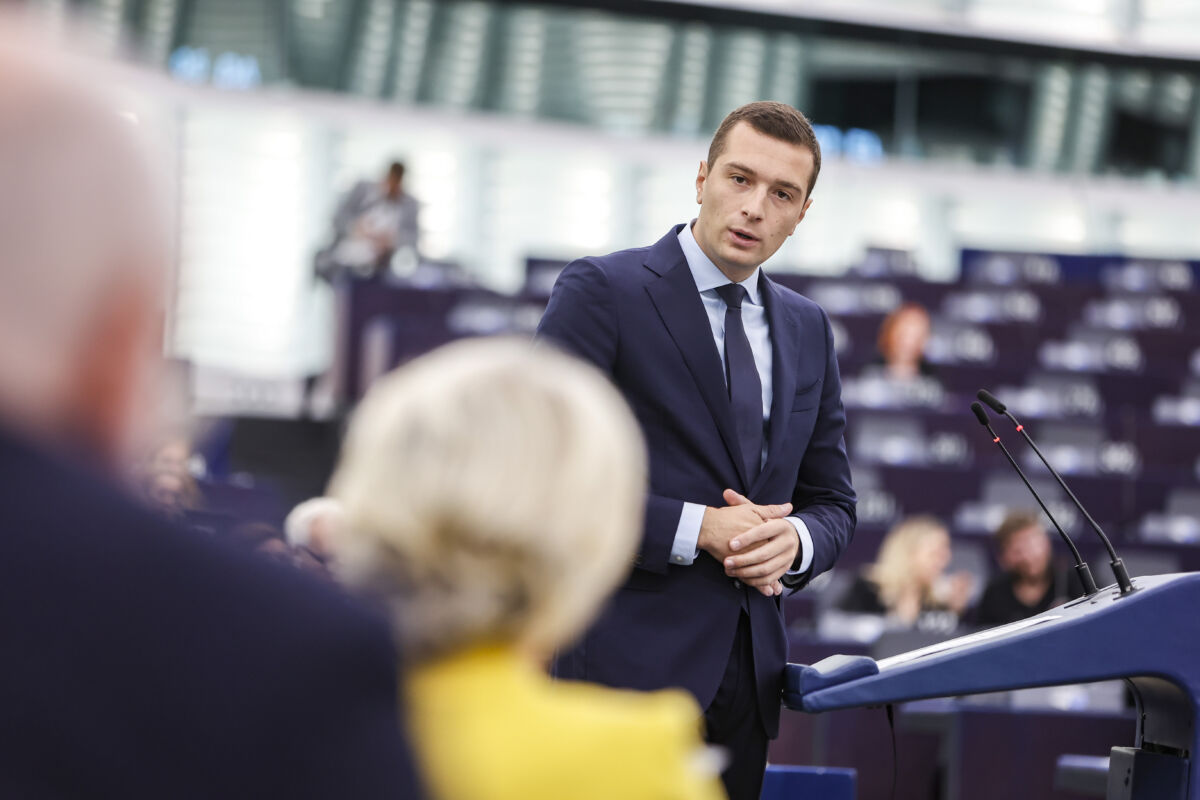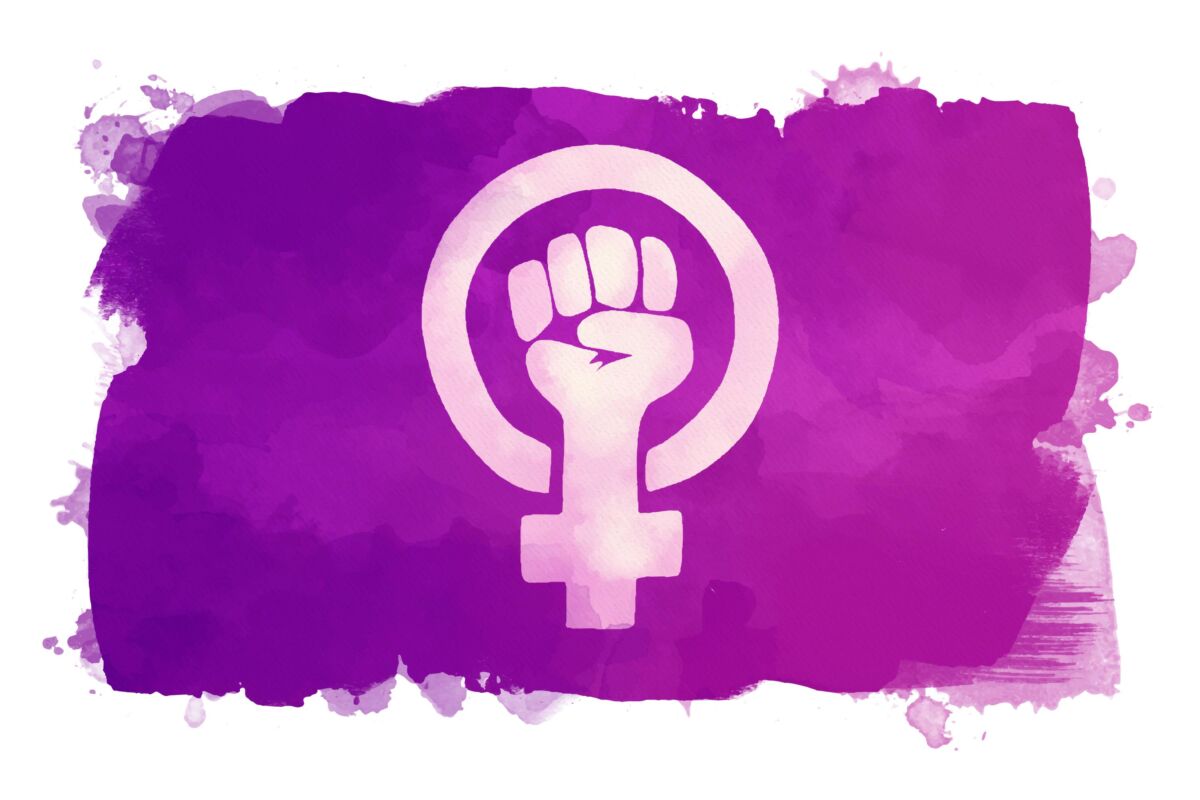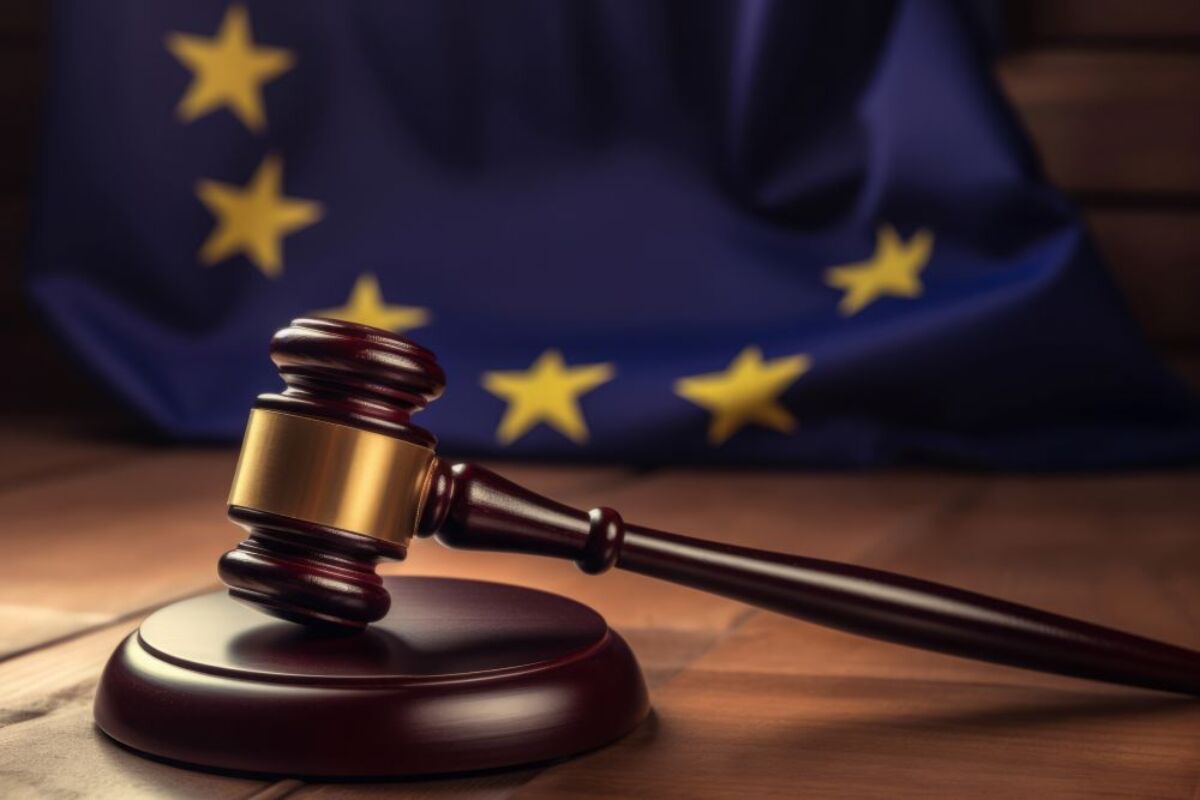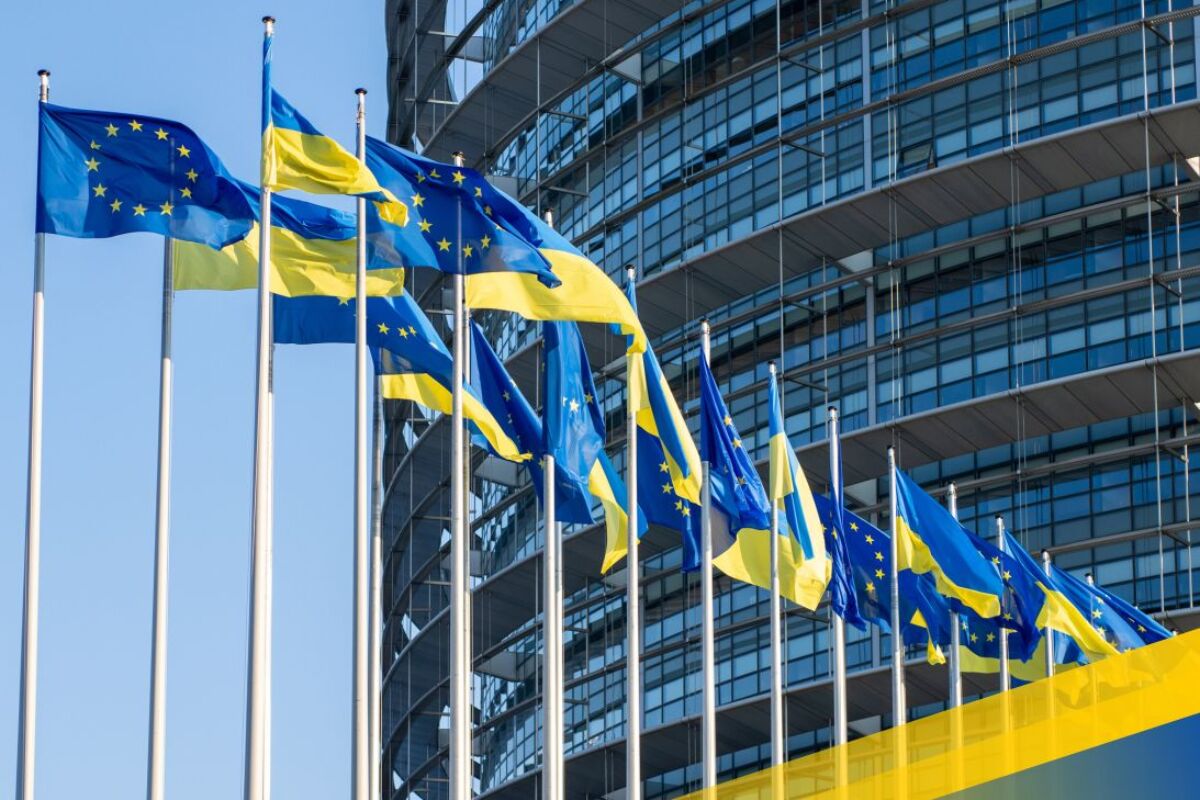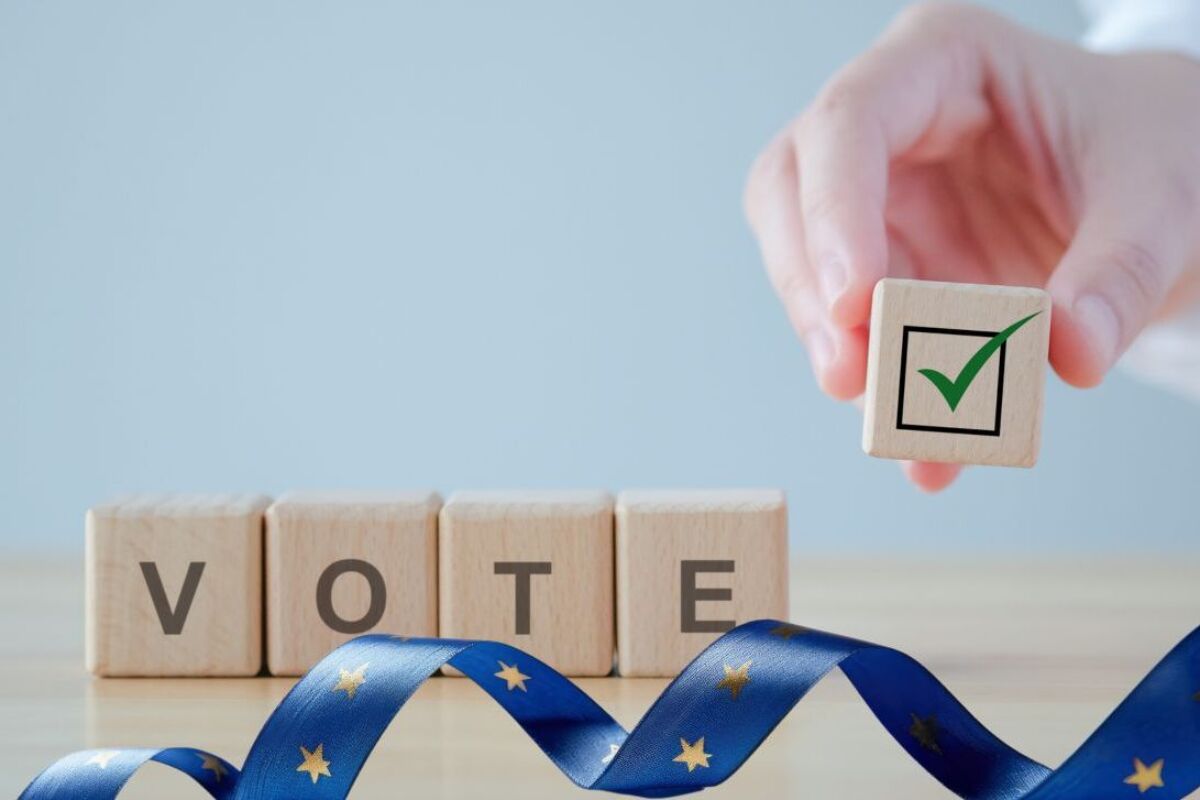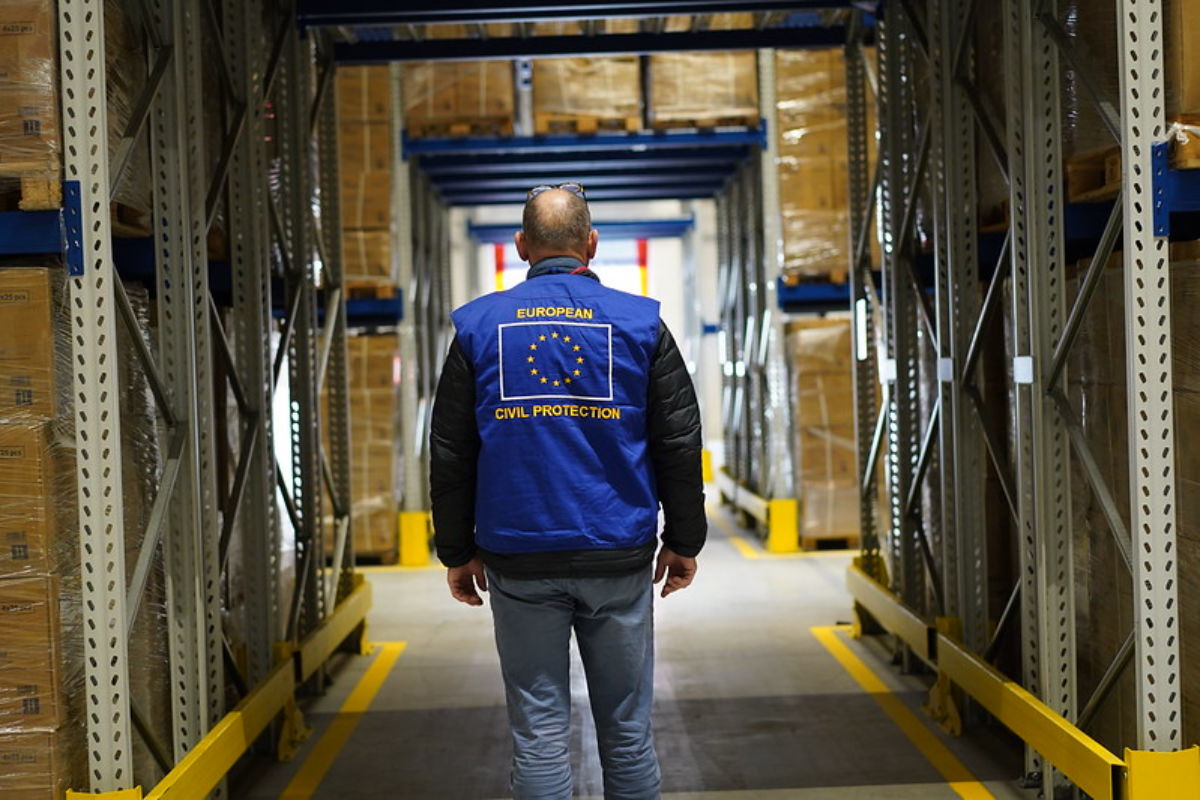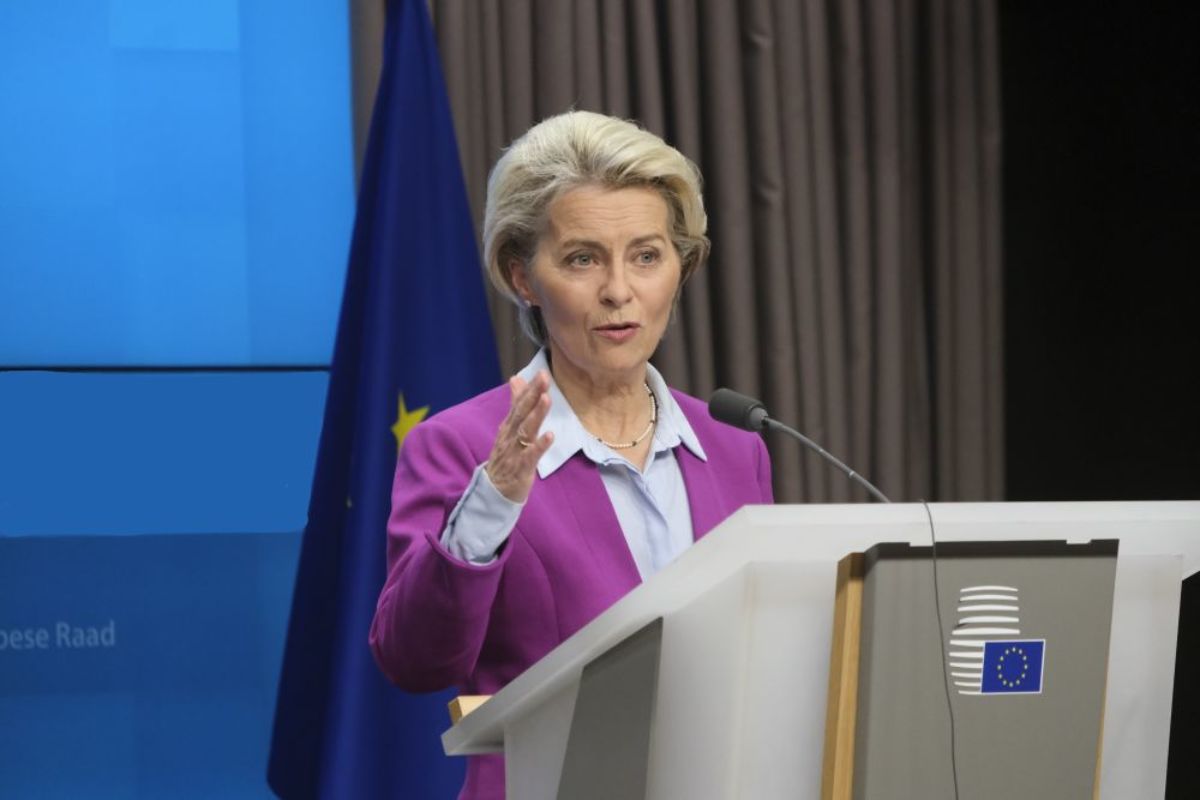Few things seem certain in life – death, the constant rain in Brussels and the far-right surge in the European Parliament (EP) come 9 June, which is likely to significantly tip the EP’s balance of power. Having a strong anti-EU faction within the EU institutions is not just a fever dream anymore – it could become a stark reality.
Though there’s plenty wrong with the extreme right, we need to talk about its reliance on hate speech as the dangers posed by bigoted political messaging are more severe than what meets the eye. It doesn’t just impact the fundamental rights of those who are structurally marginalised but could lead to the slow but steady destruction of the EU’s core values.
So, beyond just not voting for them, more drastic action is needed to pull the EU back from the abyss before it’s too late.
Some like it hateful
In seven Member States, right-wing populist parties are projected to win the EP elections and they all share a penchant for exclusionary rhetoric.
To take just a few examples, the MEPs from France’s National Rally are staunchly opposed to the EP’s commitment to LGBTIQ+ equality. Likewise, in a country known to be diverse and queer-friendly, Belgian frontrunner Vlaams Belang is open about harbouring anti-trans and Islamophobic sentiments while advocating against ‘woke nonsense’.
Geert Wilders’ notoriously Islamophobic PVV will also win big in the Netherlands. Wilders has proudly opposed transgender self-determination and the teaching of LGBTIQ+ issues in schools. In a slew of laws, Viktor Orbán’s government in Hungary has also attacked LGBTIQ+ rights.
The thing about such ‘scapegoating’ is that it can evolve beyond a campaign dog whistle. On the one hand, an uptick in violence against LGBTIQ+ people and/or growing societal exclusion are direct, alarming real-life consequences of hate speech. On the other hand, it will change the EU’s institutions and values-based order, eventually altering the EU’s very DNA – possibly forever.
Genie (not) in a bottle
Those targeted by discriminative policies are not naturally vulnerable – rather they are actively marginalised by a system that doesn’t protect them. Hate speech encourages the further disenfranchisement of the already underprivileged and if disseminated at the political level, then it goes against ‘non-discrimination’ and ‘equality before the law’. These are key components of the concept of the rule of law in Europe, according to the widely accepted definition by the Council of Europe’s Venice Commission.
The rule of law is inextricably intertwined with democracy and fundamental rights. Anchored in Article 2 TEU, this trinity builds the basis for the delicate equilibrium of institutional checks and balances at the EU level and at the heart of EU integration. The European Commission is charged with enforcing these values and to meet challenges against them, including hate speech. Unfortunately, it has quietly neglected this task to focus on developing a more geopolitical role for itself.
While it’s almost impossible to put the proverbial hate speech genie back in the bottle, the EU (to its credit) has been trying. This has included both legislative and non-legislative measures to curb disinformation, safeguard online spaces from harmful content, harmonise and regulate the transparency rules for political advertising, and encourage ethical campaigning. The Commission’s recent joint Communication also identified hate speech as a danger to EU values.
Yet these efforts cannot stop malicious actors from spreading political content that purposefully target marginalised communities that aim to do them harm. While ‘hard law’ instruments like the Digital Services Act make it easier to flag online abuse, they cannot completely prevent it. It’s also likely that they will never be fully and properly enforced.
That’s why we need new and adequate measures, both online and offline, in the next mandate to really address the never-ending torrent of hateful propaganda being spread by visible and influential political figures.
It’s money that matters
To better enforce EU law, the Commission should examine the dissemination (and possible sanctioning) of political messaging that’s detrimental to marginalised communities as part of its annual rule of law reports.
Additionally, actors representing a Member State who also spread hate speech should be added to Articles 3 and 4(2) of the Conditionality Regulation as a ‘breach of the principles of the rule of law’. Repeat breaches should trigger measures that include suspending payments from the EU budget. This would require a stricter common definition of ‘hate speech’. It’s therefore crucial that the Council finally adds the proliferation of hate speech to the list of ‘EU offences’ under Article 83(1) TFEU, which the EP has already voted to do.
This would allow the Commission to draft a new directive on minimum rules on definitions and sanctions across all Member States, which could explicitly include hate speech disseminated by governments, representatives and candidates.
Simultaneously, the EU should monitor such conduct by the European political parties and their electoral candidates. Articles 17 and 21 of the Regulation on funding EUPPs could be amended to tie receiving funds from the EU budget to adhering to EU values. If certain parties endorse campaigns that feature hate speech, then there should be the option to suspend their funding. Otherwise – following the Conditionality Regulation’s logic – money from the budget would directly finance conduct that violates the EU’s own values-based order.
It’s the end of the EU (as we know it)
To be even more of a downer, it’s necessary to reiterate that the upcoming mandate could truly be the last chance to make progress on combatting political hate speech before extremists grow even more powerful.
What we must learn from the current political climate is that hate speech is neither on the fringes of the political spectrum anymore and nor is it limited to anonymous X (formerly Twitter) trolls and automated bots. Instead, it’s a mainstay of electoral campaigns and part of an ideology that’s increasingly more attractive to large numbers of voters. By voting for it, they will empower these extreme forces to slowly institutionalise exclusionary rhetoric.
Equipping the EU with the tools to defend the rule of law is the only feasible antidote against this threat – it’s too late now for 2024 but pre-emptive measures must be designed and implemented before we can even think about the 2029 elections.
Because the alternative to doing nothing would be much more than a mere downer – it would mean the end of the EU as we know it.


